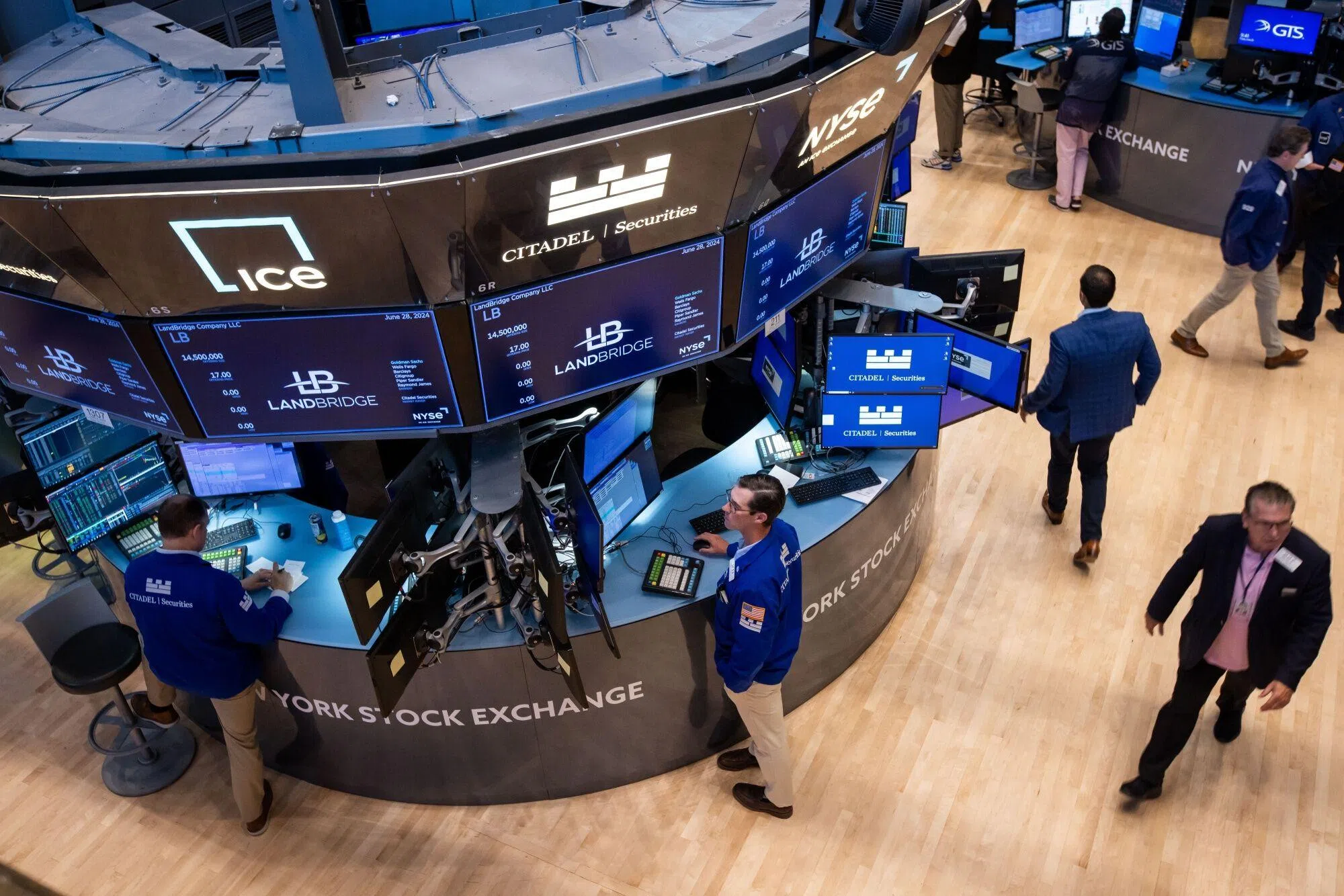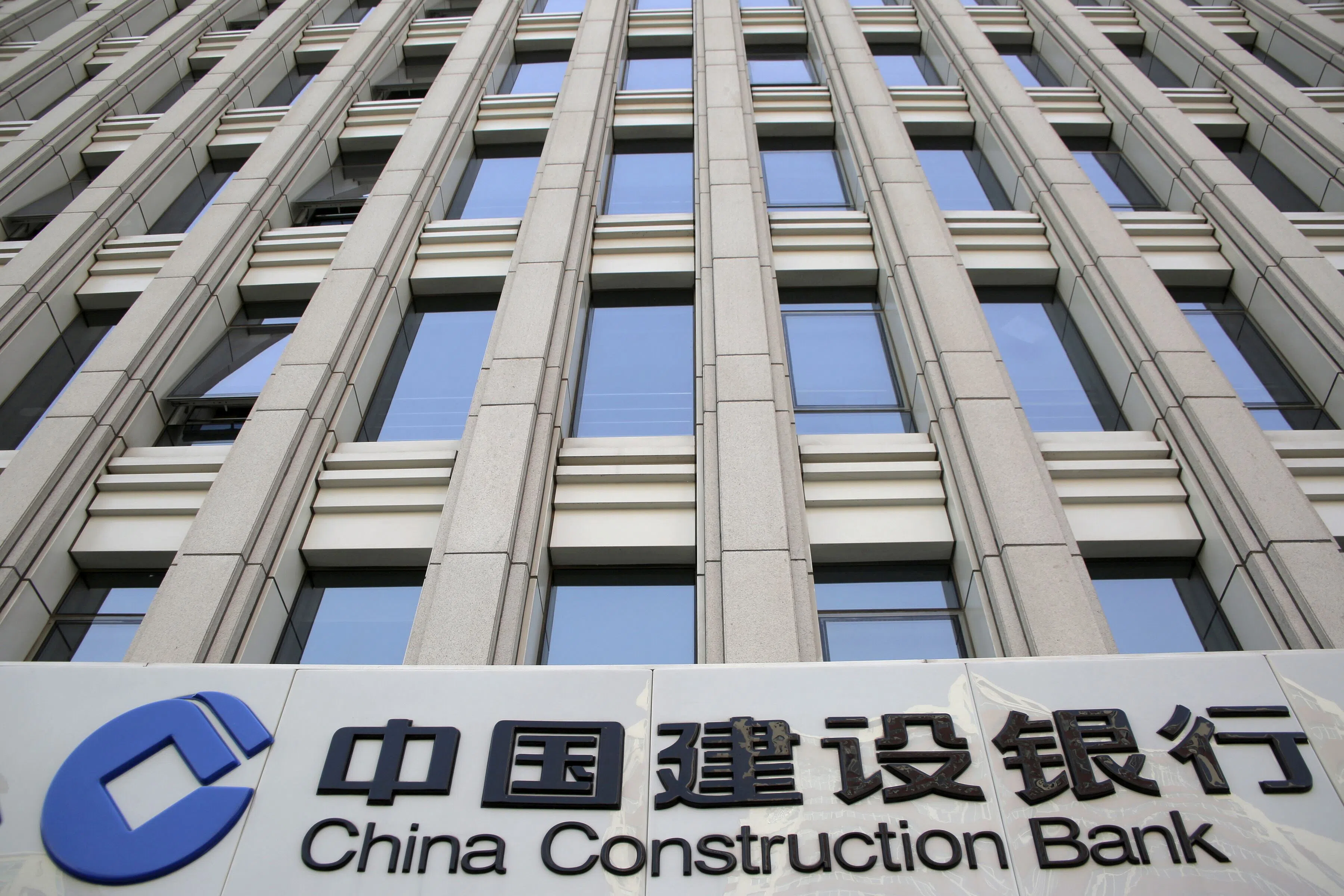For the first time in three years, Wall Street’s equity capital markets bankers appear to have the wind at their backs.
Initial public offerings have gotten off to their best start to a year since the heady days of 2021, with more than US$20 billion raised in the first six months, according to data compiled by Bloomberg.
With sales of convertible bonds and shares in already-listed companies also nearing pandemic-era levels, the stuttering activity seen last year has evolved into a regular rhythm. Though surpassing 2021’s historic volume isn’t on the horizon yet, confidence is growing that 2024 is the bounce-back year that a slew of would-be public companies have been waiting for.
“A key reason we’ve been in a better issuance window in recent months is the healthy engagement from the full investor community,” said Andrew Wetenhall, co-head of Americas ECM at Morgan Stanley. Volume is charting to a pace that feels more like a normal year for issuance on a pre-Covid basis, and sovereign investors, pension funds, long-only investors and hedge funds are all enabling deals to get done, he said.
Elizabeth Reed, global head of equity syndicate at Goldman Sachs Group, sees more balanced valuation discussions happening, with the result reflecting both asset quality and investor feedback.
“Some people like to talk about ‘de-risking’ the IPO, but IPOs aren’t risky if you truly understand an asset,” Reed said.
BT in your inbox
Start and end each day with the latest news stories and analyses delivered straight to your inbox.
Rallying equity markets and relatively low volatility are giving companies like cold storage giant Lineage confidence to push ahead with sizable listings in the second half of the year. There have been three IPOs over US$1 billion so far this year, led by cruise operator Viking Holdings’ US$1.8 billion offering. That’s as many as in all of last year, the data show.
The second half will be bookended by high-stakes elections globally. Even as all eyes turn to the US in November, bankers stateside are also watching as voters go to the polls in the UK and France in July for any effect on risk sentiment.
Either way, IPO bankers are likely to advise clients to steer clear of the US election. Most of JPMorgan Chase’s clients are looking to get out and price their offerings by the end of October, according to Keith Canton, who heads up the bank’s Americas ECM arm.
Citigroup’s Russ Chong, who co-heads Citi’s North American ECM business, said the election-year calendar could see management teams want to focus on their operations and instead push listing plans to 2025.
The larger question mark for the second half of the year and beyond is whether private equity firms – sat on a raft of assets that they’ve not been able to shift for almost three years – do come back in their hoards to the IPO market.
With the possibility of a shifting regulatory stance post-November, many buyout firms are closely monitoring how the market is welcoming new listings, and whether to sit tight in favour of pursuing a sale later.
Viking, which counts TPG as a top shareholder, has climbed more than 30%, while Blackstone backed Loar Holdings whose stock has nearly doubled. Others such as EQT AB-backed Waystar Holding have treaded water.
The muddled performance of some deals “has left investors disciplined and looking for quality companies with compelling valuations,” according to Matt Warren, co-head of Americas ECM Cash Origination at Bank of America. Kevin Foley, JPMorgan’s global capital markets head, said there is appetite for new listings, but there’s “more sensitivity around valuation.”
Still, some bankers see private equity-owned assets delivering bigger deals to cut leverage, which the market may welcome. Tommy Rueger, global co-head of ECM at UBS Group, said in an interview that investors have a clear preference to put money to work in larger, more liquid offerings.
Companies moving closer to first-time share sales include Vista Equity Partners’s automotive data provider Solera, and KKR’s software company OneStream, both of which are seeking multi-billion dollar valuations, Bloomberg News has reported.
“Unlike last year, one deal’s not going to open the market and one deal’s not going to close it,” said Citigroup’s Chong. The fact that some companies whose IPOs priced well are trading well, and vice versa, means “there’s some rationality in the market,” he said. BLOOMBERG




